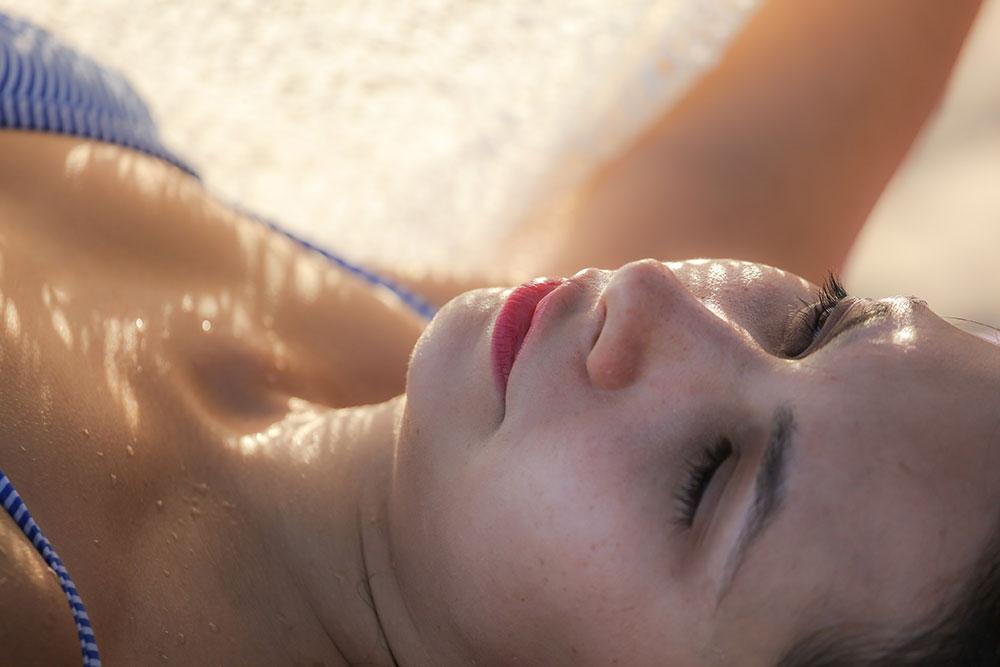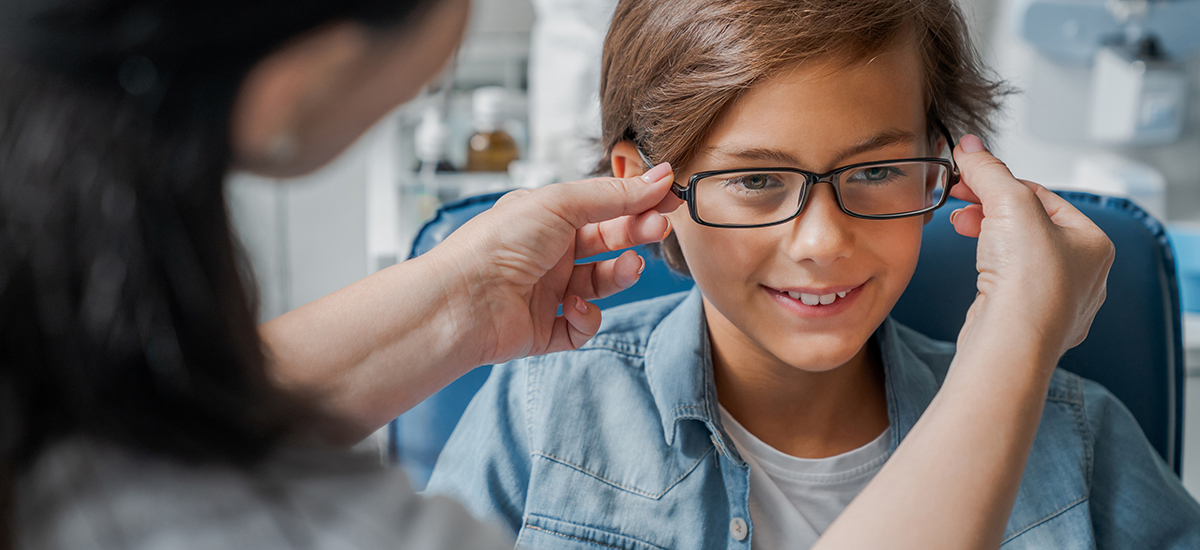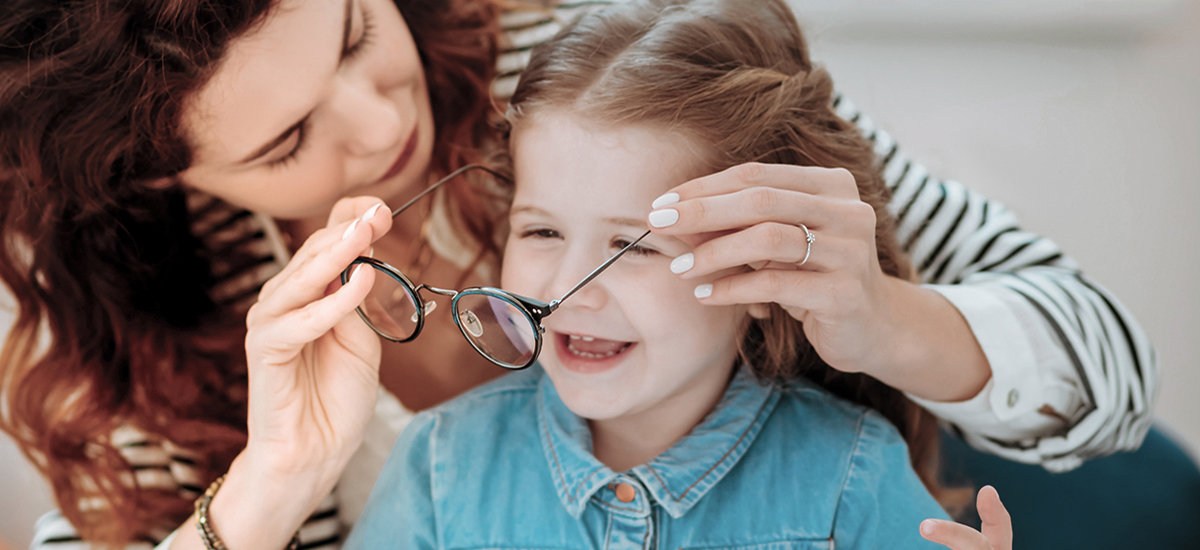Can You Get Sunburned Eyes?

One of our favorite summer ventures is spending time on the beach with family and friends. The only downside? Sunburns. Since you were a kid, you’ve probably made sure to apply sunscreen to protect your skin before heading outdoors during the brightest hours of the day.
But what about your eyes? Can you get sunburned eyes, and if so, what precautions should you take? Keep reading to find out.
Can you get sunburned eyes?
Yes, you can get sunburned eyes. This is an (often temporary) condition called photokeratitis, and it can happen due to both long and short stints out in the sun. Some symptoms of photokeratitis include a high tear flow, a sandy feeling in the eyes, redness in the eyes, and responsiveness to light.
If you experience any combination of these side effects of sun exposure, please reach out to an eye doctor in your area. Our team can confirm whether any eye damage has occurred and what can be done to alleviate your discomfort.
We encourage you to take steps to safeguard your eyes from the sun, as too much exposure to UV light can lead to eye damage, which may cause age-related macular degeneration (AMD), cataracts, and pterygiums, according to the American Optometric Association (AOA).
UV-blocking sunglasses are an essential first step. Also, we suggest avoiding the sun during the hours of 8 to 10 a.m. and between 2 to 4 p.m. If you must be outside during those times, be sure to wear UV-protective eyewear and a hat.
Are sunburned eyes dangerous?
Your photokeratitis symptoms may strengthen the more time you spend outside. However, the typical sunburned eyes recovery time is at most a few days. In general, sunburned eyes aren’t dangerous--unless you don’t monitor your symptom progression.
The causes of photokeratitis may play a role in how dangerous your symptoms are. For instance, if you get snow blindness (a form of photokeratitis) from viewing the ice, snow, or water where the light casts onto them, a sunburn may occur. If your sunburn is from a solar eclipse, you may risk burning your retina, which can be more severe than a generic sunburn in the eyes.
Your eye doctor is your best resource for determining the effects of UV light on your eyes. If you’re experiencing sunburned eyes, and your symptoms are bothering you, get in touch today to schedule an eye exam so that our team can see what’s going on.
In the meantime, apply a wet towel over your eyelids to reduce any discomfort. Eye drops may also help. Just be sure to ask your optometrist which brand and type is right for you first.
Summary: Is it possible to get a sunburn around your eyes and eyelids?
Sunburns might be inevitable during your summer beach days, but did you know you can get sunburned eyes, too? Sunburned eyes go by the name of “photokeratitis,” which can occur after spending even a short time outside without UV-protective sunglasses.
What are the signs of photokeratitis? Look for an increased tear flow, a sandy sensation in the eyes, bloodshot eyes, and trouble adapting to bright lights. If your symptoms become too severe to manage on your own, we encourage you to consult an optometrist.
UV exposure can contribute to AMD, cataracts, and pterygiums over time if you don’t take precautions. But in general, photokeratitis isn’t dangerous--unless it happens due to a solar eclipse, in which case your symptoms might be more significant.
So, if you have sunburned eyes, don’t worry. You can keep your discomfort at bay with some cold compresses over your eyelids and eye drops, as approved by your eye doctor. If your symptoms don’t improve within a few days, stop in to get your eyes checked as soon as possible. Our team is ready to assist you.
Find us here.
Shop at For Eyes for your next pair of sunglasses
Protect your eyes with our stylish assortment of sunglasses from top brands. With styles for every season, keeping your eyes safe year-round is a breeze.












